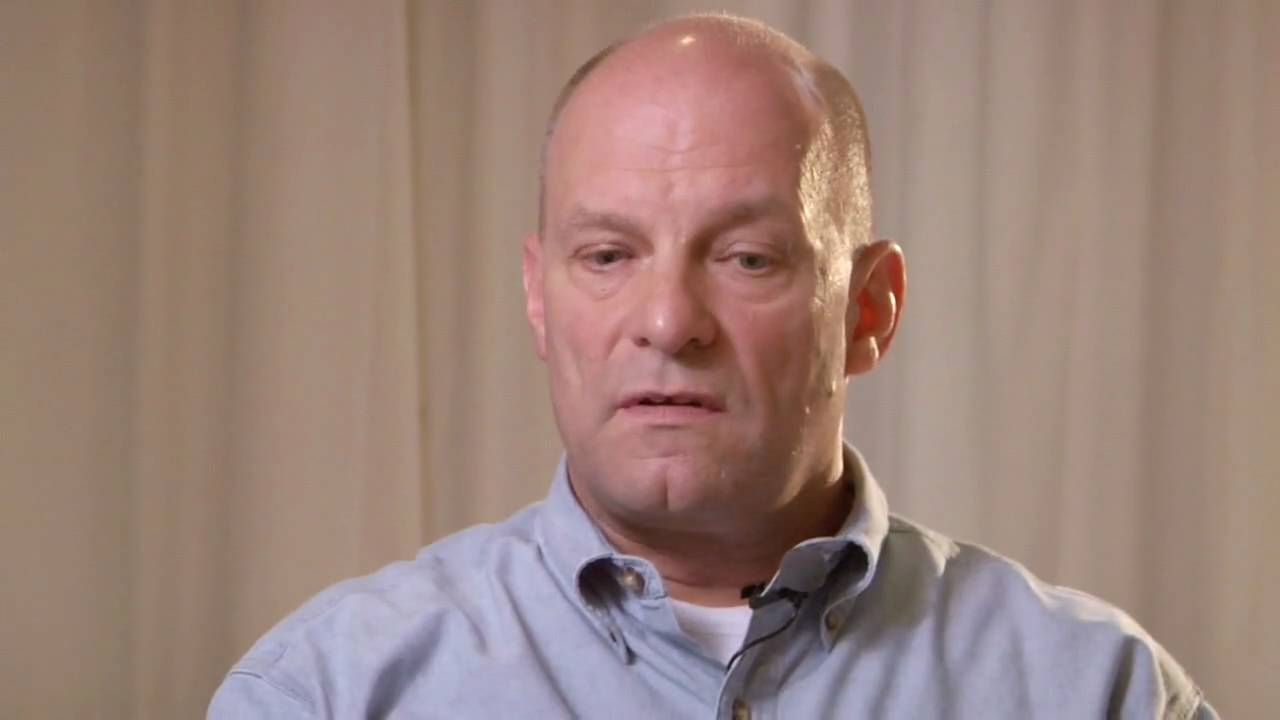Greg Goode
Knowledge and love are flipsides on a 45 rpm record of infinite thinness. Knowledge is love distilled by clarity. Love is knowledge pervaded by sweetness. In this clarity, there is no cold intellectualizing or blind sentimentality. Love itself is transformational. If one doesn’t fall in love with anything along the way, not even a little bit, then it will be hard for the experience to feel sweet.
What kinds of things can one fall in love with? Candidates include awareness, the teaching, the teacher, a book, Being, the universe, God, Krishna, Jesus, Buddha, or anything that represents the goal of your inquiry. In practical terms, love and knowledge enhance each other.
Love provides sweetness and ease to knowledge. Knowledge accelerates and broadens the focus of love. They meet in reality. Love helps your understanding like this: when you do devotional or bhakti-yoga activities, your heart opens and the realizations in your inquiry are smoother and easier. There are fewer sticking points along the way, and it seems like less “work.” All experience becomes more savory and fragrant.
Inquiry opens your heart and broadens your love like this: when you do inquiry, something uncanny happens to the object of your love. It stops seeming like a distinct object whether gross or subtle. It is not experienced as different from you, and it begins to spread out and become everything. You no longer have to look in one particular direction to find your beloved. Your beloved and its sweetness are everywhere you turn.
The Direct Path is a route of nondual inquiry that leads to the recognition of yourself as awareness, beauty and love. It is not a goal of the Direct Path to transform you into a person to whom only pleasant things happen. Instead of this phenomenal goal, the Direct Path has a deeper, more radical goal. It reveals awareness to be the very nature of the person. Awareness is prior to the person, so it can’t be possessed by the person.
Nondual inquiry seeks to discover and clarify this nature. In doing so, it subjects the very perspective of the person to deep and radical scrutiny. Sometimes nondual paths are described as freeing one from suffering. They succeed admirably at this, but not by giving you more favorable experiences.
Nondual inquiry does not work by retaining the person but eradicating the suffering. It is much more thorough than that. What happens through nondual inquiry is that you come experientially to realize the truth of yourself as awareness, brilliant clarity and global love, in which there is neither suffering nor personhood.
The main problem that self-inquiry addresses is what Shri Atmananda calls “wrong identification.” We think, feel and act as though we are a body or a mind or a combination of both, whereas the truth is that we are awareness.
Excerpted from ‘The Direct Path: A User Guide’. Greg Goode is a US based teacher of non-dual inquiry and a counselor







